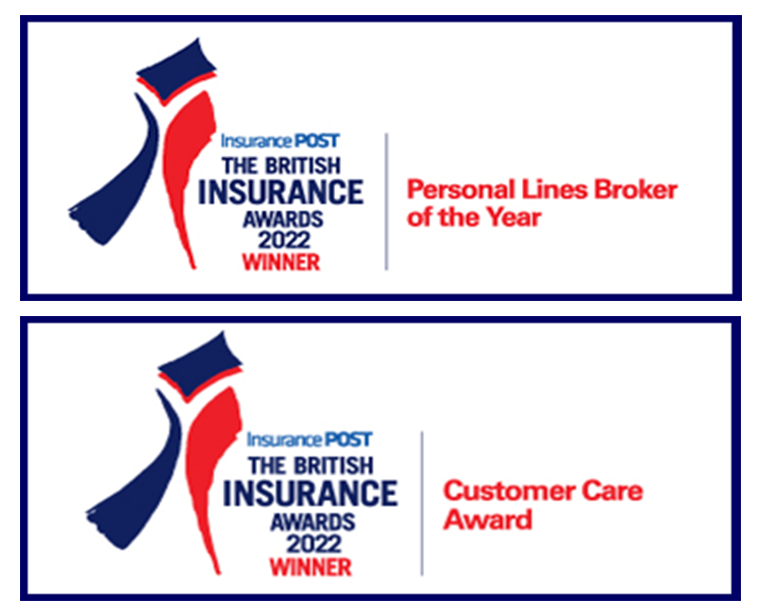Park Home Domestic Appliances
How to Reduce Running Costs
Using your park home domestic appliances more efficiently is one way to minimise your energy consumption. As the energy crisis deepens, many of us are looking for ways to do this, particularly in the coming winter months. Therefore we have compiled a checklist to help guide your decisions and hopefully save you some money on your energy bills.
Park home domestic appliances: washing machine
- Check your machine is 80% full before you start it.
Running your machine repeatedly for small loads is not an efficient use of energy.
- Are your clothes stained?
If not, consider a 30˚C or even a 20˚C wash. Compared to a 40˚C wash, you can save 38% to 62% energy on each wash. Most machines also have an eco-setting, which balances energy saving with lower water consumption.
- Check how energy efficient your washing machine model is.
It may be time to upgrade if you can afford the initial outlay. Energy efficient models can be substantially cheaper than average to run and can save you significant money on your bills.
Park home domestic appliances: dishwasher
- Is it full?
As with your washing machine, try to only run your dishwasher with a full load, without overloading it.
- Is it on the right programme?
Check the program you are using is right for the type of thing you are washing. Your machine will have different programmes for plates or delicate glassware and will not need a long programme if nothing is very dirty.
- Has your dishwasher got eco-settings?
Again, eco settings, which most dishwashers now have, will provide a balance between energy and water usage and may be worth investigating on your model.
- Is hand-washing a good alternative?
You may be tempted to ditch the dishwasher altogether and return to hand-washing in the sink. This may save on the cost of energy, even with heating the water but will probably use much more water.
Park home domestic appliances: tumble dryer
- Is it running efficiently?
Cleaning the filter of lint is very important in a tumble dryer as drying time can be substantially lengthened by a blocked filter.
- Can you do without it?
Consider hanging up your clothes to dry outdoors or on a clothes horse indoors. There are heated clothes horses which may prove cheaper.
- Check for mould.
Remember to make regular checks for mould if you are drying a lot indoors.
- Check your room ventilation is good.
This applies with or without a tumble dryer. Just opening the dryer can add to the humidity in the room. Better ventilation means that clothes hanging up to dry indoors will dry quicker and cause fewer damp problems.
Park home domestic appliances: fridge-freezer
- Check the condenser coils.
These are usually at the back of the appliance and can be cleaned with a damp cloth. Clean condenser coils allow your fridge freezer to operate at its optimum efficiency.
- Check door seals.
Condensation is often a sign that door seals are eroding. On most models it is possible and simple to replace damaged seals.
- Are you refrigerating hot food?
Let leftovers cool down thoroughly before refrigerating them.
- Is your freezer frosting up?
Defrosting your freezer regularly allows air to circulate and the heat exchange to work at its most efficient.
- Is your fridge-freezer shut?
With the door hanging open, heat enters your fridge-freezer and your appliance spends a lot more energy trying to maintain the required cool temperature. If this happens often in your household you may want to consider an alarm that indicates that the door is left open. Some models have them built in but there are many add-on alarms available. Here is one example of a fridge-freezer door alarm.
Park home domestic appliances: oven
- Can you cook in bulk?
If you have the time and the fridge-freezer space, bulk cooking can save money and time. Bulk cooking will save you money compared to running your cooker every day as well as time in the rest of the week.
- Are you defrosting?
If you defrost in advance by placing frozen food in the fridge, your oven isn’t having to work harder for longer getting your food to the point that it’s ready to be cooked.
- Is there an alternative way to cook?
If you have smaller appliances, such as an air fryer or combi microwave, these might be more efficient than your oven for cooking small items. If you have a smart meter, you could test how much energy you’re using when cooking with each appliance to see which of yours is the most energy efficient.
We hope that these tips will help you to run the domestic appliances in your park home more efficiently and save you some money on your energy bills.
This is a marketing article from Park Home Assist, multi award-winning providers of residential park home insurance. If you would like to speak to an advisor regarding insurance for your park home, please contact our friendly team in our Northampton office on 01604 946 796.
To stay up to date with similar topics like this, please like and follow us on Twitter, LinkedIn or Facebook.
For more information about any of our other insurance products, please choose your product of interest below:

- Park Home Insurance
- Car Insurance for Park Home Owners
- Mobile Home Insurance
- Holiday Lodge Insurance
- Static Caravan Insurance
- Holiday Home Insurance
- Motorhome Insurance
- Touring Caravan Insurance
- Boat Insurance
Published – 18/11/2022



